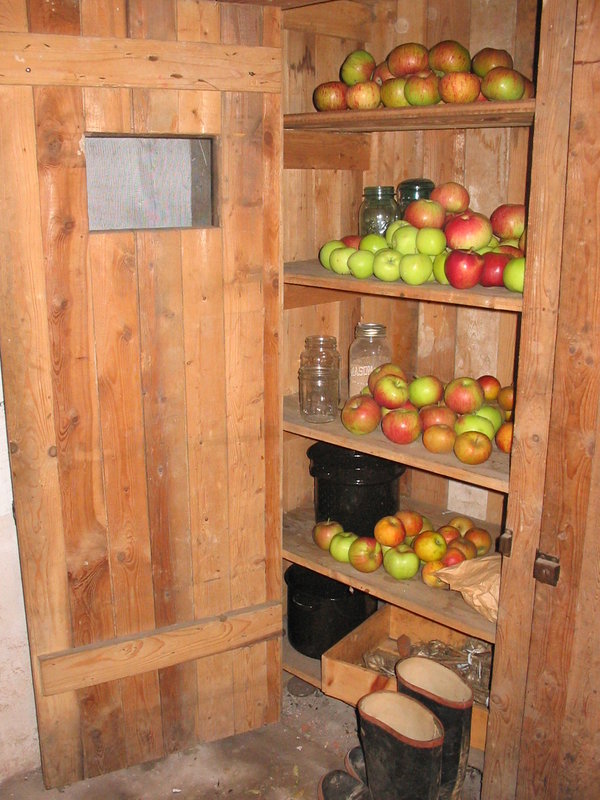Who Needs The GM Apple?

Taarini Chopra
Cortland, Ginger Gold, Ambrosia, Snowsweet, SunCrisp, Criterion, Envy, Hidden Rose ... the list goes on. These pretty names are just some of the apple varieties that are slow to brown when the fruit is cut. Many of you will, I am sure, be able to add other names to this list.
Well, a company in BC called Okanagan Specialty Fruits (OSF) doesn't think this list is good enough. They have developed a genetically modified (GM; also called genetically engineered or GE) apple, called the "Arctic" apple, that is engineered to not brown when it is cut, for 15 days or more. According to the company, "Arctic apples have more eye appeal: no yucky browning."
Earlier this year, OSF (which has been recently acquired by US company Intrexon) received approval from the US government to sell the apple in the US, and in March it was also approved for sale in Canada. However, neither consumers or fruit growers seem to want the GM apple in their orchards or on their grocery store shelves.
According to a survey conducted in 2012 for the BC Fruit Growers' Association and the Quebec Apple Producers' Association, 69% of consumers do not want to eat the GM apple. Browning in apples gives eaters information about freshness and nutritional content; the GM apples will look fresh even when they are not.
The company says that the apple will be identifiable in stores because it will have a sticker with the corporate Arctic Apple logo on it. However, it will not specifically be labelled as being GM. For this and other reasons, a number of grocery stores do not want to sell the new apple. In fact, over 70 stores across the country have already pledged not to sell the GM apple. Even big companies such as McDonalds and Gerbers have said they will not use the GM apple.
Fruit growers are also not keen on the Arctic apple. The BC Fruit Growers Association, Nova Scotia Fruit Growers Association, and the Federation of Quebec Apple Growers all oppose the GM apple. They are worried it will ruin their markets, and contaminate their orchards.
Apples trees are pollinated by bees, and most varieties need to be cross-pollinated with a different variety. There are over 450 species of native and wild bees in BC, as well as honey bees, many of which can travel for long distances. It is hard to control where pollinators travel, which means it is also hard to control the movement of GM pollen. A tree pollinated with GM pollen will produce apples with seeds that have the GM genes. If these GM seeds germinate, they will produce GM apple trees.
Although commercial producers don't usually grow apple trees from seed, GM seeds can still spread through the environment when we throw away our apple cores, from compost piles, and when they are eaten and spread by animals. Conventional and organic apple growers are worried about the risk of GM contamination, and organic producers, in particular, risk losing their certification. And for the many Canadians who enjoy growing, tasting and sharing their favourite apple varieties, the GM apple threatens long-term apple diversity.
The company plans to sell GM Golden Delicious and Granny Smith apples to start, and also wants to develop GM Fuji and Gala varieties. The GM apple would be the first GM fruit grown in Canada. But do we really need it? What's wrong with the long list of slow-browning apples we already have? And for those of us who enjoy slicing up other delicious varieties every now and then, what's wrong with a little bit of lemon juice?
**
To find out more about the GM apple, or to write to your grocery store chain or ask your local grocery store to sign the "No GM Apple" pledge, visit cban.ca/apple.
Taarini Chopra is Seeds of Diversity's publications coordinator, and also works with the Canadian Biotechnology Action Network (CBAN).
Not yet a member?
An annual membership to Seeds of Diversity gives you access to our seed exchange, seed grow-out programs, and our online news.

We depend on donations to do our work.

Thank you for your support!
